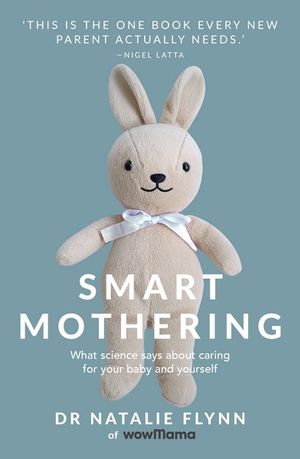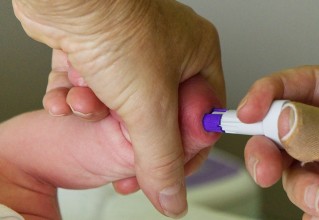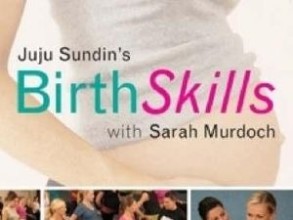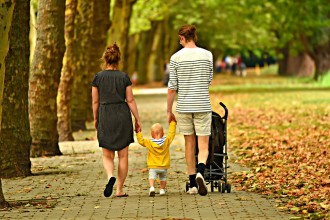Smart Mothering: A Book Review
09 Mar, 2020I recently finished reading the book Smart Mothering which I picked up completely by chance from the library. In a lot of ways, this is the book I wish I had written myself. It’s practical, matter of fact, and presents information objectively and without bias so parents can make informed decisions. It cuts through the bs of the studies we are often besieged with that create fear mongering and may skewer the information to fit a hypothesis or agenda.
Instead of having to sift through thousands of studies, articles, well meaning advice from friends and families to discern what is important and what’s just nice to have, and alternatively, what is terrible advice that you don’t need to follow, Natalie Flynn attempts to do it all for you. This is an amazingly detailed look at some of common advice new parents get with superfluous comments like ‘if you don’t do this, you’re child will get x disease when they are older’ and making parents feel like if they don’t follow the advice word for word they may permanently damage their child’s health and outcomes.
I have to say I’ve been guilty of reading studies and failing to consider if the population size was large enough, if the assumptions were correct, i.e. if the biases in the study were so significant that it would question the credibility of the study. We are all very good at reading abstracts and thinking we’ve gotten the gist of a study, but the abstract is often written to garner interest and grab the attention of the reader and doesn’t always provide a clear view of the limitations of the study. Natalie Flynn creates a questioning mindset in us as parents before we accept something verbatim. Who is conducting this study and why might they be doing so - is the sample size large enough? Are the assumptions too narrow? was it over a large enough period of time?
Lets step through some of the main sections in this book.
Part 1 discusses the modern parenting climate. Like many young people with information available at our fingertips, it’s easy to get bombarded with information and often hard to sort fact from fiction. As I mentioned earlier, the first section discusses what to look out for when you read articles in medical journals and consider if there is bias in the assumptions or limitations to the study. The rest of part one explores how the parenting relationship has changed. We’ve moved from a parent knows best to baby moves best parenting but at what cost - has this led to the rise of extreme parenting. Flynn discusses Bowlby’s attachment theory and how far to take it in relation to the impact this may have on your own emotional health. She also provides her insights on deciding whether to have a loose routine for sleep, feeding etc or not, depending on your own individual needs and family situation.
Part 2 is about looking after yourself. Flynn discusses the importance of Happiness and wellbeing - practicing self compassion and noticing the positive. I’m currently doing a coursera course called the science of wellbeing which discusses practicing gratitude and savouring moments which may complement this chapter. The other chapters are on tuning in and keeping calm, reflecting on your birth experience (including birth trauma) understanding baby blues and other mental health issues, and relationships and sex after birth. The most valuable chapter I found in this section was the last one - Motherhood and Identity. So much of our identity is wrapped up in motherhood or is expected to be, it’s hard to carve out an identity outside of that to ourselves and to other people. Not many books I have read explore this conundrum in such a relevant way. who am I outside of a mother?
Part 3 of the book is on looking after your baby. I think it’s great that she even has two separate sections - one on looking after yourself and another on looking after your baby. Its signalling that we need to give equal importance to women looking after themselves, it’s not all about the baby. Anyway this section is on crying, sleeping, bottle-feeding vs breastfeeding, Immunisation, Technology and the developing brain and nannies, daycare and working mothers. There are also some great appendices with facts and figures at the back. I think it’s really important to read the key takeaways at the end of these chapters for her summarys as well. There are some great tips on making a judgement call on whether to continue breastfeeding or not depending on your own individual situation, with a practical guide on both breastfeeding and bottlefeeding. she also discusses the importance of immunisation, and how technology and screen-time affects cognitive function and psychological well-being, as well as the struggles of working parents and the necessary guilt of using day care, etc and how to manage this balancing act.
At 528 pages, this is quite a big read but highly recommend this book for the informed, well-educated parent who wants to practice evidence based parenting.
Get The Best Of Sleepy Roo Delivered To Your Inbox
Subscribe to my newsletter and get the latest info on baby sleep! You can unsubscribe at any time.



